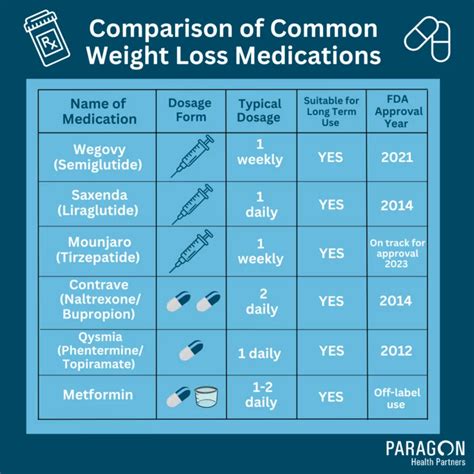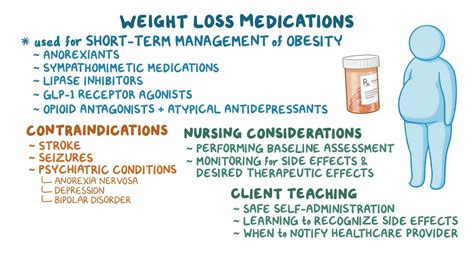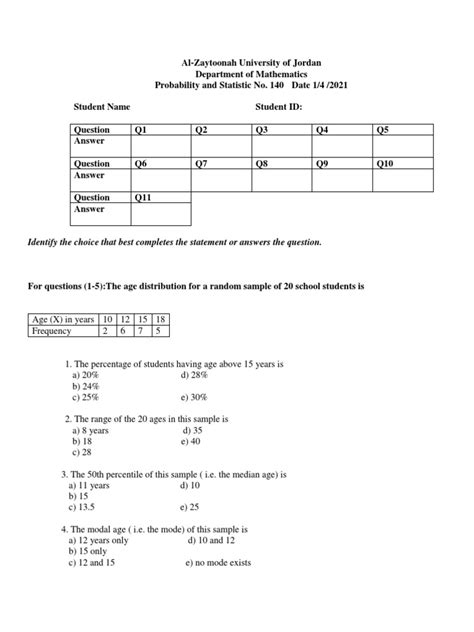Intro
Discover effective prescribed weight loss medication options, including appetite suppressants and fat absorbers, to aid in weight management and obesity treatment, under medical supervision.
The struggle to lose weight is a challenge that many individuals face, with a significant portion of the population seeking effective solutions to achieve their weight loss goals. While diet and exercise are essential components of a weight loss regimen, some people may require additional support to reach their desired weight. This is where prescribed weight loss medication options come into play, offering a viable solution for those who have struggled with weight loss through traditional means. The importance of exploring these options lies in their potential to not only facilitate weight loss but also to improve overall health and reduce the risk of weight-related health issues.
For individuals who have tried various weight loss methods without success, the concept of prescribed weight loss medications can be both intriguing and intimidating. It's natural to have questions about how these medications work, their potential benefits and risks, and whether they are a suitable fit for one's specific weight loss journey. Understanding the different types of prescribed weight loss medications, their mechanisms of action, and the criteria for prescription can provide clarity and help individuals make informed decisions about their weight loss approach.
The journey to prescribed weight loss medication often begins with a thorough medical evaluation, where healthcare providers assess an individual's weight, health status, and previous weight loss attempts. This comprehensive assessment is crucial in determining whether prescribed weight loss medication is an appropriate addition to a weight loss plan. It also highlights the importance of working closely with healthcare professionals to ensure that any weight loss strategy, including the use of medication, is tailored to an individual's specific needs and health goals. By exploring the world of prescribed weight loss medication options, individuals can gain a deeper understanding of how these medications can support their weight loss efforts and contribute to a healthier, more balanced lifestyle.
Introduction to Prescribed Weight Loss Medications

Prescribed weight loss medications are pharmaceutical agents designed to help individuals lose weight and maintain weight loss over time. These medications work through various mechanisms, such as suppressing appetite, increasing feelings of fullness, reducing fat absorption, and enhancing metabolism. The decision to prescribe weight loss medication is typically based on an individual's body mass index (BMI), the presence of weight-related health conditions, and the failure of previous weight loss attempts through diet and exercise alone.
Criteria for Prescription
The criteria for prescribing weight loss medications vary but generally include a BMI of 30 or higher (obese) or a BMI of 27 or higher (overweight) with at least one weight-related condition, such as high blood pressure, type 2 diabetes, or high cholesterol. Healthcare providers carefully evaluate an individual's health status, medical history, and potential benefits and risks associated with the medication before making a prescription decision.Types of Prescribed Weight Loss Medications

Several types of prescribed weight loss medications are available, each with its unique mechanism of action and potential side effects. Some of the most commonly prescribed weight loss medications include:
- Orlistat (Alli, Xenical): Works by reducing fat absorption in the gut.
- Phentermine-topiramate (Qsymia): Combines an appetite suppressant with a medication that helps control seizures and migraines, leading to reduced hunger and increased feelings of fullness.
- Lorcaserin (Belviq): Activates a serotonin receptor in the brain that helps regulate hunger, leading to reduced food intake.
- Liraglutide (Saxenda): An injectable medication that mimics a natural hormone involved in appetite regulation, leading to reduced hunger and increased feelings of fullness.
- Semaglutide (Wegovy): Similar to liraglutide, it is an injectable medication that helps regulate appetite and is used for chronic weight management.
Benefits and Risks
Each prescribed weight loss medication comes with its set of benefits and potential risks. The benefits often include significant weight loss, improvements in weight-related health conditions, and enhanced quality of life. However, potential side effects can range from mild to severe and may include gastrointestinal issues, changes in mood, and increased heart rate, among others. It's essential for individuals to discuss these aspects thoroughly with their healthcare provider to make an informed decision.Working Mechanisms of Prescribed Weight Loss Medications

Understanding how prescribed weight loss medications work can provide valuable insights into their potential effectiveness and suitability for an individual's weight loss needs. These medications target various aspects of weight regulation, including appetite, satiety, fat absorption, and metabolism. For instance, medications like phentermine-topiramate and lorcaserin influence the brain's hunger and fullness centers, while orlistat affects the absorption of dietary fats in the intestine.
Steps to Effective Use
To maximize the benefits of prescribed weight loss medications, individuals should follow these steps: 1. **Close Monitoring:** Regular check-ins with healthcare providers to monitor progress and adjust the treatment plan as needed. 2. **Healthy Diet:** Adhering to a balanced diet that is low in calories and rich in nutrients. 3. **Regular Exercise:** Engaging in physical activity to enhance metabolism and overall health. 4. **Lifestyle Changes:** Implementing long-term lifestyle changes to support sustained weight loss.Practical Examples and Statistical Data

Studies and clinical trials have demonstrated the efficacy of prescribed weight loss medications in facilitating significant weight loss and improving health outcomes. For example, trials of medications like liraglutide and semaglutide have shown that participants can achieve an average weight loss of 5-10% of their initial body weight over a year, which can lead to substantial improvements in blood sugar control, blood pressure, and cholesterol levels.
Real-Life Applications
In real-life scenarios, individuals who have incorporated prescribed weight loss medications into their weight loss plans, alongside dietary changes and increased physical activity, have reported not only significant weight loss but also improvements in their overall well-being and reductions in weight-related health risks. These outcomes underscore the potential of prescribed weight loss medications as a valuable tool in the pursuit of a healthier weight and lifestyle.SEO Optimization and Readability

To ensure that information about prescribed weight loss medications reaches those who need it, content related to this topic should be optimized for search engines. This involves using relevant keywords, such as "prescribed weight loss medications," "weight loss pills," and "obesity treatment options," in a natural and informative way. Moreover, presenting complex information in an accessible and readable format, through the use of short paragraphs, bullet points, and clear headings, enhances the user experience and facilitates a deeper understanding of the subject matter.
Keyword Density and Synonyms
Maintaining an optimal keyword density, typically between 1-2%, and incorporating synonyms and related phrases can improve the SEO relevance of the content without compromising its readability or leading to keyword stuffing. This approach not only aids in search engine ranking but also provides readers with a comprehensive and engaging exploration of prescribed weight loss medications.Encouraging Engagement and Further Action

As individuals explore the realm of prescribed weight loss medications, it's essential to encourage engagement and further action. This can involve commenting on articles, sharing personal experiences, or seeking professional advice. By fostering a community around weight loss and health, individuals can find support, motivation, and valuable insights to aid in their journey towards a healthier lifestyle.
Call to Action
For those considering prescribed weight loss medications as part of their weight loss strategy, the first step is to consult with a healthcare provider. This professional guidance can help determine the most appropriate course of action, whether it involves medication, lifestyle changes, or a combination of both. By taking this initial step and staying committed to their goals, individuals can embark on a successful weight loss journey that improves not only their weight but also their overall health and well-being.What are prescribed weight loss medications?
+Prescribed weight loss medications are pharmaceutical agents designed to help individuals lose weight and maintain weight loss over time.
Who is eligible for prescribed weight loss medications?
+Eligibility typically includes individuals with a BMI of 30 or higher, or those with a BMI of 27 or higher and at least one weight-related health condition.
How do prescribed weight loss medications work?
+These medications work through various mechanisms, including suppressing appetite, increasing feelings of fullness, reducing fat absorption, and enhancing metabolism.
